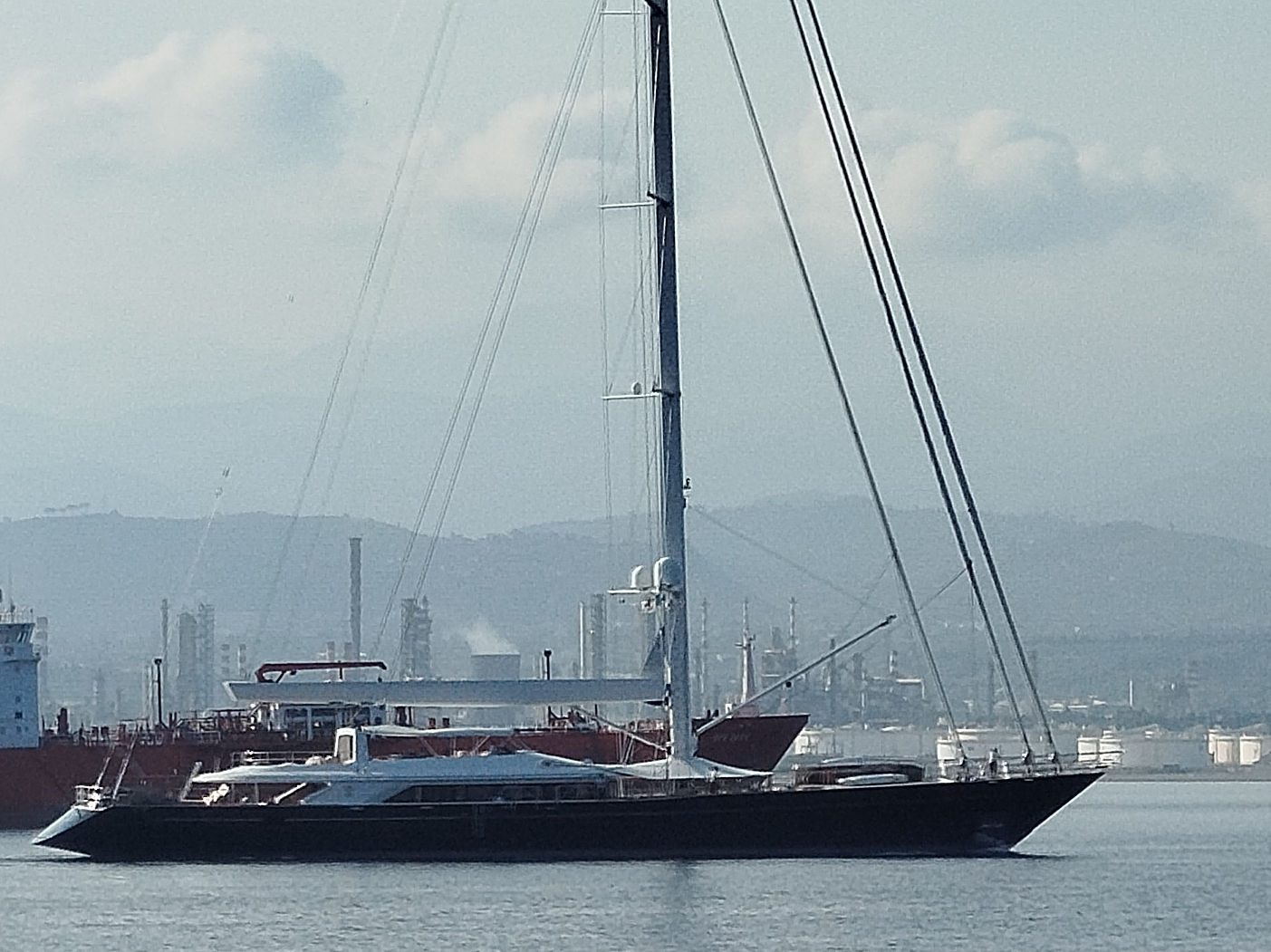As the maritime community continues to grapple with the recent sinking of the Bayesian, a charter vessel that met its demise under circumstances that are still being investigated, the spotlight shines brightly on the critical role of charter captains in ensuring the safety of their passengers and crew. The incident serves as a stark reminder of the immense responsibilities that rest on the shoulders of these skilled professionals, who are entrusted with the lives of those on board.
At the heart of the matter lies the fundamental principle of safety at sea, which is inextricably linked to the actions, decisions, and expertise of the charter captain. From pre-departure checks to navigating treacherous waters, the captain’s duties are multifaceted and demanding. In this article, we will delve into the key responsibilities of charter captains and explore how these relate to the sinking of the Bayesian, with the aim of highlighting valuable lessons for the maritime industry.
Pre-Voyage Preparation: A Critical Component of Safety
Before setting sail, charter captains are responsible for conducting thorough safety checks on the vessel, including inspecting the hull, engines, navigation equipment, and emergency gear. This meticulous process ensures that the vessel is seaworthy and equipped to handle the demands of the journey. In the case of the Bayesian, it remains to be seen whether such checks were conducted with the necessary rigor, but the importance of this step cannot be overstated.
Weather Forecasting and Route Planning
Charter captains must also stay abreast of weather forecasts and plan their route accordingly. This involves monitoring conditions such as wind, waves, and currents, and adjusting the voyage plan to avoid potential hazards. The Bayesian’s sinking has raised questions about the role of weather conditions in the tragedy, underscoring the need for captains to exercise sound judgment when faced with adverse weather.
Crew Management and Communication
Effective crew management and communication are essential components of a charter captain’s responsibilities. This includes ensuring that all crew members are adequately trained, aware of their roles and responsibilities, and able to respond in emergency situations. Clear communication with passengers is also crucial, as it enables them to be aware of safety procedures and protocols. In the aftermath of the Bayesian disaster, investigators will likely examine the crew’s response to the emergency and assess whether adequate communication channels were in place.
Navigational Expertise and Situational Awareness
Charter captains must possess exceptional navigational skills, including the ability to read charts, operate electronic navigation aids, and maintain situational awareness at all times. This expertise enables them to respond to unexpected situations and make informed decisions in high-pressure environments. The circumstances surrounding the Bayesian’s sinking may reveal lapses in navigational judgment or situational awareness, highlighting the need for ongoing training and vigilance.
Emergency Preparedness and Response
In the event of an emergency, charter captains are responsible for initiating response protocols, including alerting authorities, deploying emergency equipment, and ensuring the safe evacuation of passengers and crew. The effectiveness of these measures can mean the difference between life and death. As the investigation into the Bayesian’s sinking continues, it will be important to examine the captain’s response to the emergency and identify areas for improvement.
Conclusion
The sinking of the Bayesian serves as a poignant reminder of the critical responsibilities that charter captains bear in ensuring the safety of those on board. By examining the key aspects of their role – pre-voyage preparation, weather forecasting, crew management, navigational expertise, and emergency preparedness – we can distill valuable lessons for the maritime industry. As we move forward, it is essential that charter captains, vessel operators, and regulatory bodies prioritize safety above all else, recognizing that the lives of passengers and crew depend on it.

Use the share button below if you liked it.